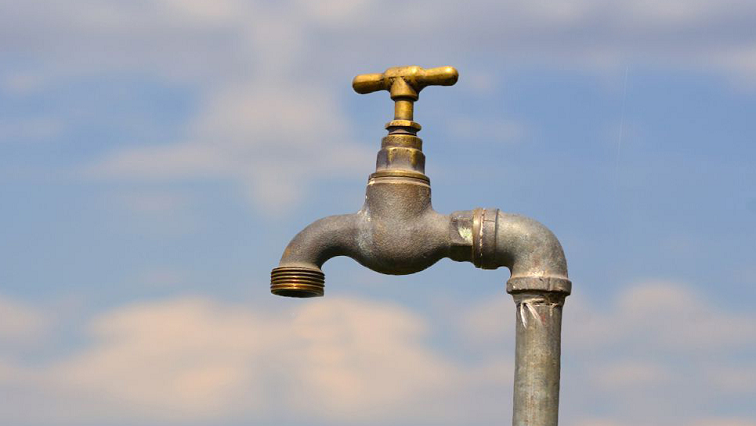Water provision is in a state of decline, according to reports.
The year 2023 will likely go down in history as the year when decades of corruption, mismanagement and a lack of accountability caught up with South Africa. With less than a year to go before the next election, water, electricity, rail and other infrastructure are in shambles. It is the year when things fell apart.
The 2023 Blue and No Drop Reports and the Green Drop Progress Assessment findings, released by the Department of Water and Sanitation on Tuesday, confirmed the decay experienced by ordinary South Africans every day.
The situation is arguably worst in the deserted Northern Cape, where 87% of drinking water systems in the province are in a poor or critical state of performance. Despite chronic water outages, Gauteng’s drinking water systems scored well. The same goes for the Western Cape.
“It’s a concerning situation,” said Senzo Mchunu, Minister of Water and Sanitation in an interview with SABC News. “We are aware of the challenges around us.”
He added, “We have a clear direction going forward because we know where to strengthen things. We have to review and deal with fundamental issues”.
But water expert Benoit Le Roy believes any plans the government has to turnaround the dire situation are being implemented far too slowly. “We tend to talk more and work less,” said the CEO of the South African Water Chamber.
SMNews: Jews denounce Zionism at solidarity march to Union Buildings
Reconfiguring water supply architecture to improve provision
Le Roy has nearly four decades of experience in the water and waste management sectors. He believes authorities need to reconfigure the water supply architecture to unlock improved water delivery and quality to citizens.
This can be done without hastily privatising water supply, he suggested, but by “using private sector participation”. In an interview on Salaamedia, he proposed a “simple architecture” whereby a single entity is responsible for water provision.
He pointed to the system in Johannesburg as a possible model for improved water provision elsewhere in the country.
“Johannesburg doesn’t produce its own water. Its water all comes from Rand Water and Rand Water is in a reasonably healthy state so it complies. The areas where we don’t comply in Gauteng is where Rand Water is not providing, or Magalies Water is not providing.”
In a separate interview on SABC, the minister conceded that municipalities, as water service authorities, “have declined to a point where in terms of their capacity we [national government] need to intervene”.
Mchunu also stated it may have been erroneous to rely on the current status quo. “It is clear now that you can no longer go on relying on declining municipalities – as they are – in terms of their capacity to supply water.”
Similarly, he proposed a “Johannesburg-like situation, where the municipality is an authority but they have a specialist entity solely focused on water provision to households in a specialist-kind of way”.
But Le Roy took it a step farther. It should not stop at systems, he said. Arguing that the country’s water woes flowed from a “lack of accountability to the rule of law and the Constitution”, he said it was high time those who neglected their duties faced the music.
“We’ve got everything in place, but nobody’s being held accountable. That’s the root cause of it. We’re not a stupid nation that doesn’t know what to do,” he said.
Julie Allie spoke to Benoit Le Roy, CEO of SA Water Chamber. Watch the full discussion here:
